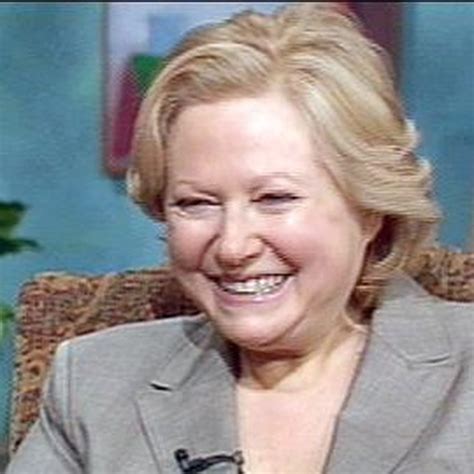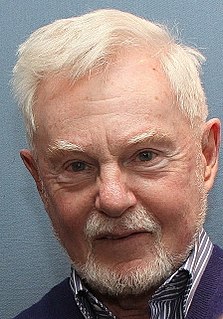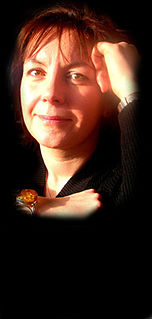A Quote by Michael O'Rielly
I've always said that anytime Congress can provide us direction and answer the question of how they would like the commission to implement something, then I am totally supportive.
Related Quotes
Another way to put an end to self-rejection is ask yourself whether what you're telling yourself is what a friend would say, or what an enemy would. Friends are supportive. Enemies put us down and undermine our confidence. So if you say something that an enemy would say, stop. Answer back, 'I'm going to be supportive of myself. As a friend, what I have to say to myself is . . .' Then say something supportive.
A dialogue is very important. It is a form of communication in which question and answer continue till a question is left without an answer. Thus the question is suspended between the two persons involved in this answer and question. It is like a bud with untouched blossoms . . . If the question is left totally untouched by thought, it then has its own answer because the questioner and answerer, as persons, have disappeared. This is a form of dialogue in which investigation reaches a certain point of intensity and depth, which then has a quality that thought can never reach.
We can each sit and wait to die, from the very day of our births. Those of us who do not do so, choose to ask - and to answer - the two questions that define every conscious creature: What do I want? and What will I do to get it? Which are, finally, only one question: What is my will? Caine teaches us that the answer is always found within our own experience; our lives provide the structure of the question, and a properly phrased question contains its own answer.
I was at the World Bank and a commission reviewed our work on inequality for the U.S. Congress or somebody, and the head of the commission said to us: "You are spending taxpayer money to study issues like inequality? Which goes directly against capitalism and growth." That was the perception, that it should not be studied.
To be a scientist you have to be willing to live with uncertainty for a long time. Research scientists begin with a question and they take a decade or two to find an answer. Then the answer they get may not even answer the question they thought it would. You have to have a supple enough mind to be open to the possibility that the answer sometimes precedes the question itself.
When I was in school, if I was talking as myself and I was presenting something as myself or having to answer a question, I was so nervous. I would get red in the face; I would feel sweaty. I hated it. But anytime I was performing, like, if it was a talent show, or if it's through wrestling, I'm portraying or being someone else, I'm so comfortable.
But in the end, science does not provide the answers most of us require. Its story of our origins and of our end is, to say the least, unsatisfactory. To the question, "How did it all begin?", science answers, "Probably by an accident." To the question, "How will it all end?", science answers, "Probably by an accident." And to many people, the accidental life is not worth living. Moreover, the science-god has no answer to the question, "Why are we here?" and, to the question, "What moral instructions do you give us?", the science-god maintains silence.
So many writers come to class with one question dominant in their mind, 'How do I make a living from this?' It's a fair enough question and one I always try to answer well- but it saddens me that it so often overshadows the more relevant questions of 'why am I writing' and 'what am I saying' and 'how do I keep it honest.
And it came to pass that AC learned how to reverse the direction of entropy. But there was now no man to whom AC might give the answer of the last question. No matter. The answer - by demonstration - would take care of that, too. For another timeless interval, AC thought how best to do this. Carefully, AC organized the program. The consciousness of AC encompassed all of what had been a Universe and brooded over what was now Chaos. Step by step, it must be done. And AC said, "LET THERE BE LIGHT!" And there was light...
And Paul Moravec, not being a theater person, would always trust me when I said things that I am like, "you're going to need another 10 seconds of music year to get them across the stage." But I always knew that the people were going to be coming to hear his music of which my words are going to be a part. It was clear that he wanted to go and direction A., and I wanted to go and direction B. We would've gone and direction A. That's the most important piece of advice I can give to anybody who finds themselves in an opera, or musical comedy situation like that.




































